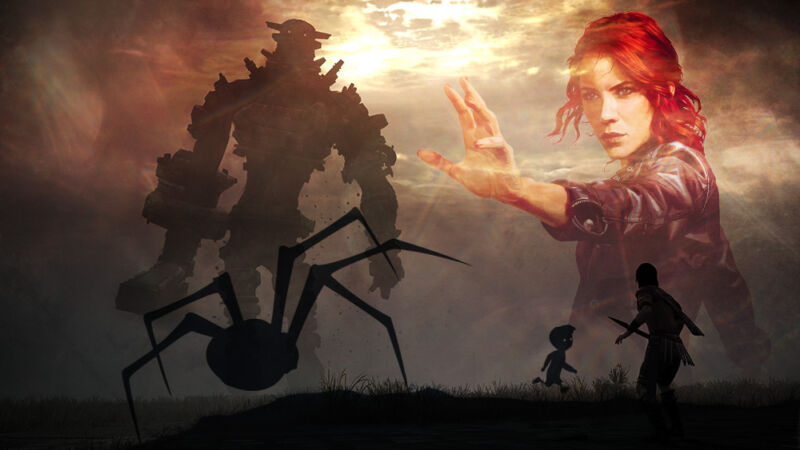
Epic Games: The engine maker, the game maker, the storefront handler… and now the games publisher.
Epic Games Publishing came into formal existence on Wednesday by announcing plans to fund, launch, and promote new multi-platform video games. The announcement hinged on two key points: which studios had already signed to EGP and what financial terms EGP games developers can expect.
While most game publishing deals aren’t typically laid bare for the public, Epic has already chosen to confirm some of EGP’s financial nitty-gritty. In addition to letting studios retain “100%” control of their intellectual property (an increasingly popular term for game-publishing contracts), EGP also promises to fund “up to 100%” of all game development costs. “Once costs are recouped,” Epic says, developers will earn “at least 50% of profits.” (That mix of “up to” and “at least” in the last two points may imply that those figures vary as a pair—meaning, if a developer pays for more of its dev costs, it might stand to claim more profit-sharing in the long term. Epic has not clarified that point.)
Unsurprisingly, Epic CEO Tim Sweeney described these terms as “the publishing model we always wanted for ourselves when we worked with publishers [as an independent game studio],” but we’re still left with some questions, all of which Epic has declined to answer as of press time. EGP is touted as a “multi-platform” effort, but will EGP games ever be available outside of Epic Games Store on PC, and/or will those games’ console versions launch later than their PC versions to give Epic Games Store any form of timed exclusivity? Can EGP partners develop separate games as indie efforts or for other publishers while they’re part of an EGP deal? And will each game include a Fortnite outfit-and-dance tie-in? (The last question is a joke, but considering that Epic made a Fortnite skin for the Mixer game-streamer Ninja, anything’s possible at this point.)
Three notable studios have already signed on, and Epic says that each studio will launch its “next” game through its EGP partnership. Remedy Entertainment first rose to popularity with 2001’s Max Payne, and its latest game, Control, won Ars Technica’s 2019 Game of the Year honors (and marked its first game as an independent developer after a 12-year deal with Microsoft). Playdead launched both of its previous games, the indie darlings Limbo and Inside, with timed exclusivity deals on Xbox consoles. And genDESIGN is led by Fumito Ueda, the director responsible for PlayStation-exclusive classics Ico and Shadow of the Colossus.
One of these deals sees Epic returning to a previous EGS partner, since Remedy reportedly claimed a paycheck in the $10.5 million neighborhood for launching Control‘s PC version as a timed EGS exclusive. Epic says details on these studios’ upcoming EGP titles, and additional developers and games, should arrive “in the coming months.”
https://arstechnica.com/?p=1663313

